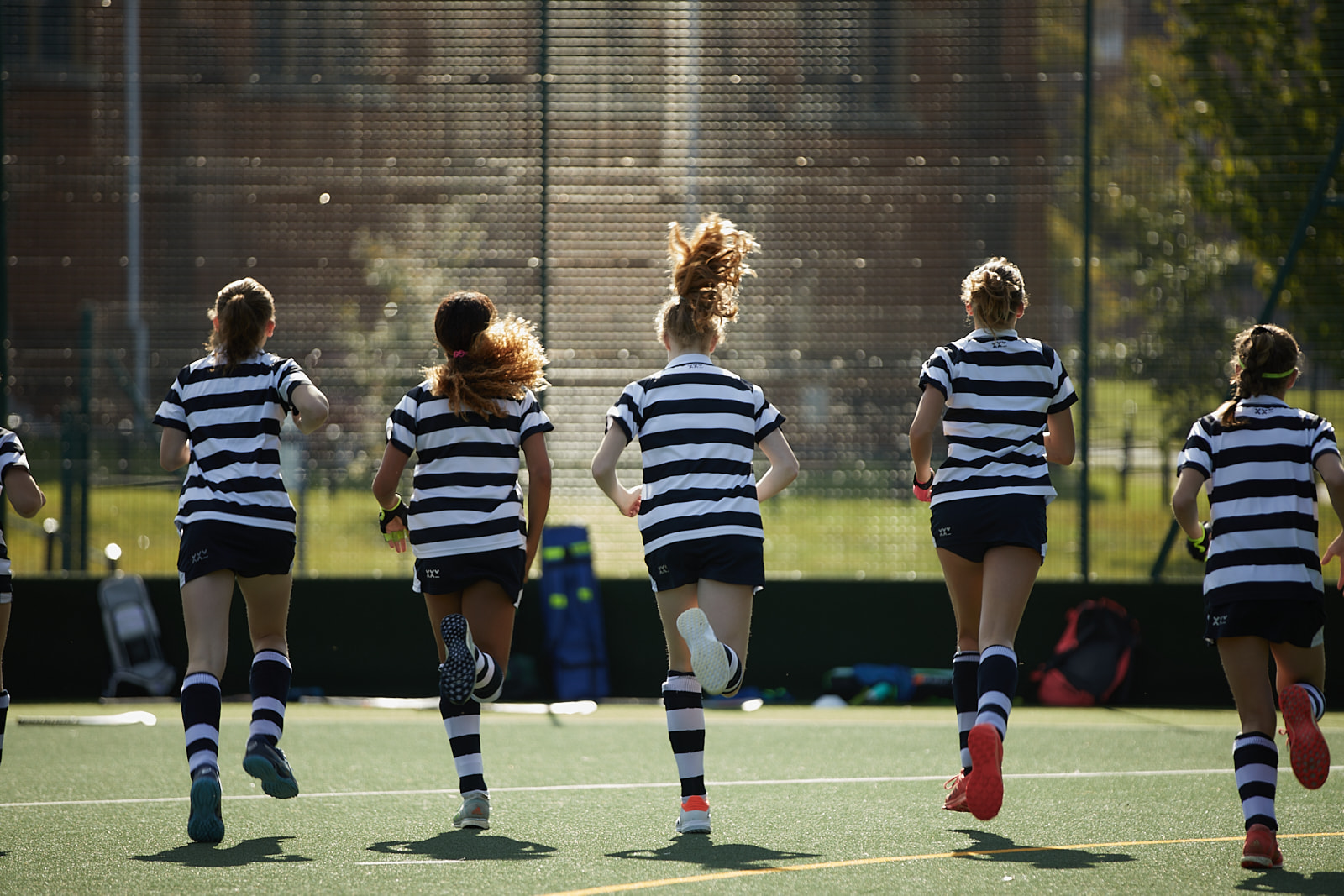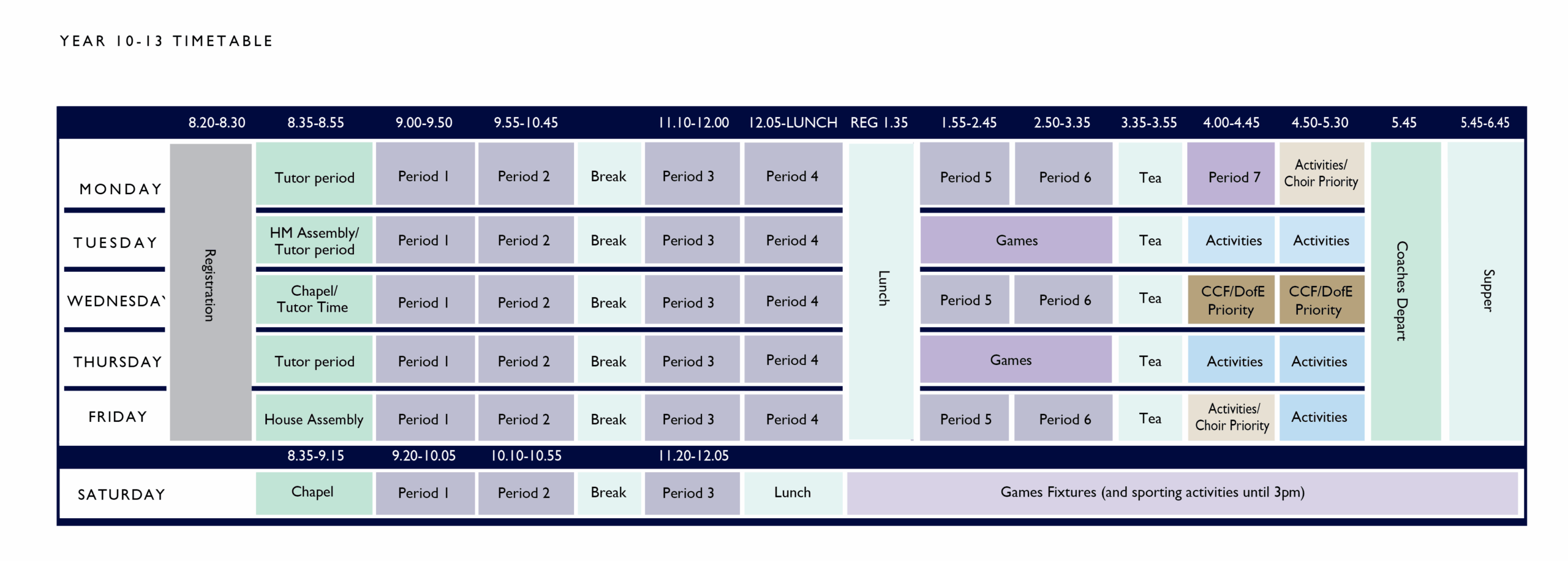The core curriculum provides you with skills and experience that complement your A-level studies. You choose one option from the following:
Core Maths
A chance to continue maths beyond GCSE, but at a level less taxing than A-level. The focus is on functional skills that use mathematical processes, rather than ‘pure’ maths. This is ideal if you’re studying Biology, Geography, Business and Economics A-levels.
English AP
This is roughly equivalent to the A-level course for US students. This qualification is accepted by US Universities, and increasingly by their counterparts in the UK who have been known to lower grade boundaries for pupils who have English AP.
The focus on language and composition make it a great choice for aspiring journalists, or those pursuing a career where clear, coherent and persuasive communication is key.
Extended Project Qualification (EPQ)
If you want to hone your independent research skills, and follow a topic of your choosing, the Extended Project Qualification is a great choice. You select a topic of interest, fine-tune your research question with the support of a teacher and conduct university-level research to produce a 5,000-word report. This is great training for university dissertations.
International Certificate for Digital Literacy
Recognised as the international standard for digital workplace skills, you will acquire advanced skills in word processing, spreadsheets, presentation software and databases. The final qualification is worth 24 UCAS points.
Young Enterprise
The internationally recognised starting point for business people and budding entrepreneurs. You will work as part of a team to build your business from scratch, learning how to develop a product, bring it to market and – hopefully – turn a profit.



